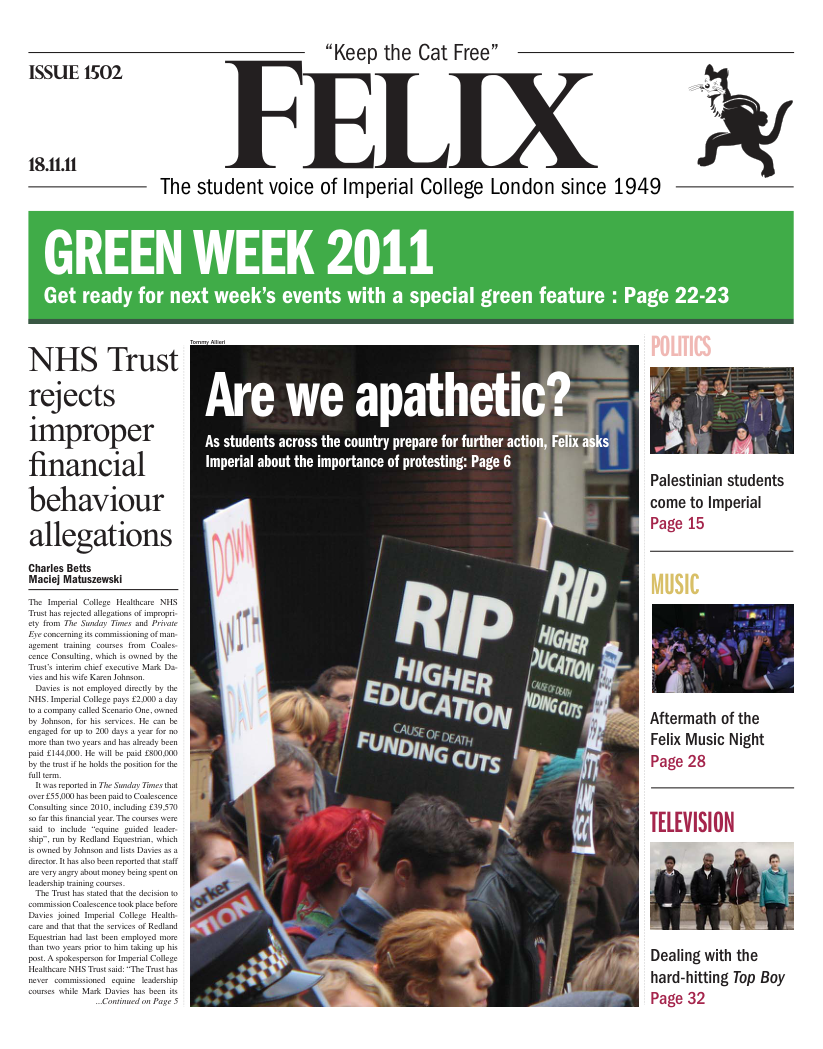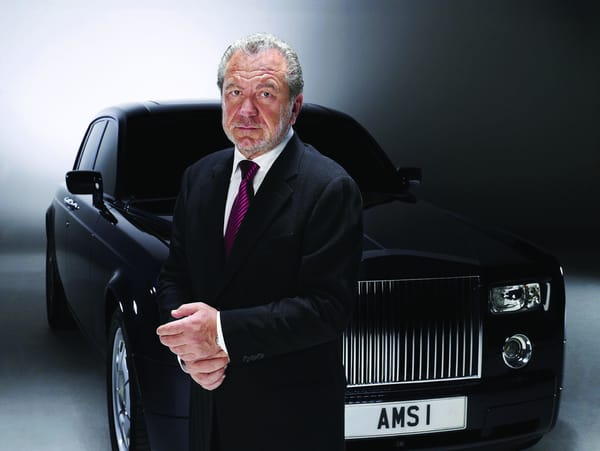Car Sick: Why we need to reclaim our streets
We have an obsession with cars – it needs to stop

Our streets are currently being occupied by aggressive, murderous, polluting inhabitants: cars. They are effectively environmental squatters. Unfortunately, whereas the criminalisation of squatting, which was voted through the Commons the other week, will throw thousands of the most vulnerable in our society onto the street, it will do nothing to solve the environmental and social ills of cars. However, as it’s Green Week and all, I’m taking this opportunity to explain why we don’t need them (which hopefully won’t be too difficult as west London is the most congested area of London I cycle through).
Simply put: our society is trapped in a dangerous car culture. As London students, it may not be an issue during term time, but a large proportion of us probably drive when we get home in the holidays. A quarter of journeys though are less than 2 miles; which for the majority of us can be easily substituted by walking, biking and/or taking the bus. The longer journeys can also regularly be replaced by train and coach. It’s an interesting point from research that people tend to overestimate the length of time to undertake a journey by public transport but underestimate that same journey by car. We have actually warped the usefulness of cars in our minds, and the pseudo-freedom they promise us. Ask yourself: how free are you in traffic jams or stuck behind a tractor? This car obsession is damaging our planet, as nearly a fifth of our country’s carbon dioxide emissions come out of their exhaust pipes.
Environmentally, cars are not just responsible for a large proportion of climate change, but also, in cities, pollute the air we breathe. A recent report of 17 European cities by German environmental groups ranked London as one of the worst for air pollution. This was attributed to the retraction of the congestion charge from West London, rises in public transport costs and a lack of investment in clean buses.
There is also a social justice issue in this pollution. The statistical geographer, Danny Dorling, found that the places with the highest poverty rates were the areas of greatest pollution, but that also the inhabitants of these areas emitted the least. Essentially, due to our road distribution, the most affluent – who are responsible for the majority of driving and polluting – are destroying the air quality where the poorest in our society live.
We have actually warped the usefulness of cars in our minds, and the pseudo-freedom they promise us
On top of the environmental factors, cars are too often overlooked as the murderers they are. You may think this is strong language, but when a terrorist attack, often provoked by imperialist wars, to everyone’s regret kills 50 people we are up in arms. New laws are brought in, our civil liberties etched away and we go to war with two countries. However, this is minor compared to the deaths at the hands of cars, which we do nothing about as more people die every year.
Danny Dorling has done a lot of work on the deaths caused by cars. He showed that the ratio of men to women dying between the ages of 20 and 30 has hit an historical high. It is greater than the World Wars, and that this is a consequence of car deaths. Car deaths are the single biggest killer of the under 35s, and for people of undergraduate age, cars account for nearly half of the non-medical related deaths. These deaths are completely pointless and Danny Dorling refers to cars as the open sewers of the 21st century, and that hopefully, like with open sewers, we will soon rid our streets of cars and the deaths they cause.
We have not let cars invade our lives without a fight. The 90s saw the anti-roads movement with the campaign to stop the Newbury bypass and ‘Reclaim The Streets’, shutting down roads and motorways for large parties, showing how fun life without roads can be. The anti-roads movement caused the most expensive eviction ever as a soon to be demolished street had a 70ft tower erected on top of a house to stop the motorway that was inevitably built in its place. Currently, monthly bike rides, called Critical Masses, of up to 1000 people swamp the streets of London bringing cars to a stand still as they regularly cycle to places where cyclists have been killed, paying their respects (South Bank of Waterloo Bridge, 7pm, last Friday of every month if you’re interested). The ex-mayor of Bogota, Enrique Penalosa, remarked that you can have a “city friendly to cars, or a city friendly to people, not both”. Let’s make ours friendly to people and the environment.








